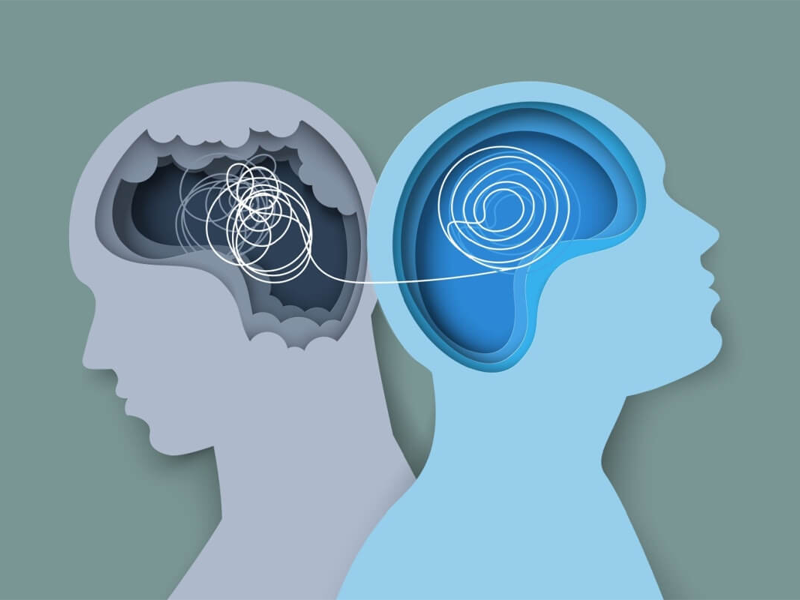Betrayal shatters your world. It leaves you questioning your judgment, relationships, and self-worth, whether it’s infidelity, family secrets, or broken promises, the emotional trauma cuts deep.
Healing after betrayal feels impossible at first. But stories, especially raw, honest ones, have the power to heal you. They show you’re not alone and help rebuild your identity. Here, we dive into books offering genuine guidance, including profound stories about identity and recovery.
Healing After Betrayal: Marie Kurka-Brown’s Path to Peace
Marie Kurka-Brown’s From Pain to Peace: Rebuilding Trust After Betrayal delivers real healing after betrayal. Marie walks you through her own pain—childhood abandonment, parental lies, and deep scars. She shows how therapy and self-reflection rebuilt her life.
This book stands out because it rejects quick fixes. Marie admits to rage, shame, and confusion, but proves peace comes through facing hard truths. For anyone stuck in bitterness, her journey lights a practical path toward healing after betrayal.
Shaken Stories About Identity: A Father’s Secret
Family secrets force us to question everything. My Father’s Secret Life shares Marie Kurka-Brown’s experience with her father’s late-life revelation as a gay man. This memoir offers powerful stories about identity. Marie’s world fractures as decades of deception surface.
She details fights, tears, and awkward talks without sugar-coating the mess. Yet her story reveals how love survives even seismic shifts. If betrayal has distorted your self-image, these stories about identity provide clarity. They help you separate others’ actions from your worth.
When Loss Feels Like Betrayal
Grief mirrors betrayal’s ache—as if life itself broke trust. Marie’s Heartfelt Connections tackles child loss and an astonishing biological truth: fatal cells stay in mothers’ bodies forever. This bond, called fatal micro chimerism, became her anchor.
Marie blends science with simple rituals like letter-writing or planting trees. For those feeling abandoned by circumstances, this reframes connection as unbreakable—true healing after betrayal of life’s expectations.
Broken Trust in Relationships
Betrayal often hits hardest in romance. Esther Perel’s The State of Affairs examines why people cheat and how couples survive it. Perel avoids blame, focusing on the messy reasons behind infidelity.
She shares real cases where partners rebuilt intimacy. Her insights help you understand betrayal’s roots without excusing harm. If your partner’s actions shattered you, this book supports healing after betrayal.
Stories About Identity Reclaimed
Trauma can strip your sense of self. In What My Bones Know, Stephanie Foo maps her recovery from childhood abuse. Her investigative memoir shows how complex PTSD rewires your brain—and how to reclaim your identity.
Foo’s relatable voice makes heavy topics manageable. She proves healing isn’t about “fixing” yourself but weaving broken pieces into strength. These stories about identity help rebuild after betrayal.
Science Meets Healing After Betrayal
Bessel van der Kolk’s The Body Keeps the Score explains why betrayal lingers physically. Trauma traps itself in your nerves, causing anxiety or numbness. Van der Kolk unpacks this through research, then offers simple tools: yoga, therapy, or art. This book decodes your body’s reactions, making healing after betrayal feel less chaotic.
Stories About Identity and Survival
Educated by Tara Westover recounts escaping an abusive, isolated upbringing. Her journey to education and self-reinvention is a testament to rebuilding identity. Tara’s story shows how truth can liberate you from family lies. These stories about identity prove you can redefine yourself after betrayal.
Why Read These Books
Personal stories heal in three ways. First, they normalize pain—you see others surviving what you feel. Second, they reveal patterns: how people escape victimhood to rebuild. Third, they reshape identity.
After betrayal, you might feel like a fool. Stories about identity show survivors rewriting their narratives. Healing after betrayal starts when you see your strength in others’ words.
Begin Your Healing After Betrayal
Start with one book that speaks to you. Read slowly. Underline lines that mirror your pain. If emotions surge, pause—this is part of healing after betrayal. Remember: recovery isn’t linear. Some days, you’ll feel hopeful. Others, a single page will reopen wounds. That’s normal. Progress matters more than speed.
Marie Kurka-Brown’s books, alongside others here, don’t erase pain. They make it bearable. They turn isolation into solidarity. When you’re ready, they help you write a new chapter—one where betrayal is part of your story, not the whole book.




